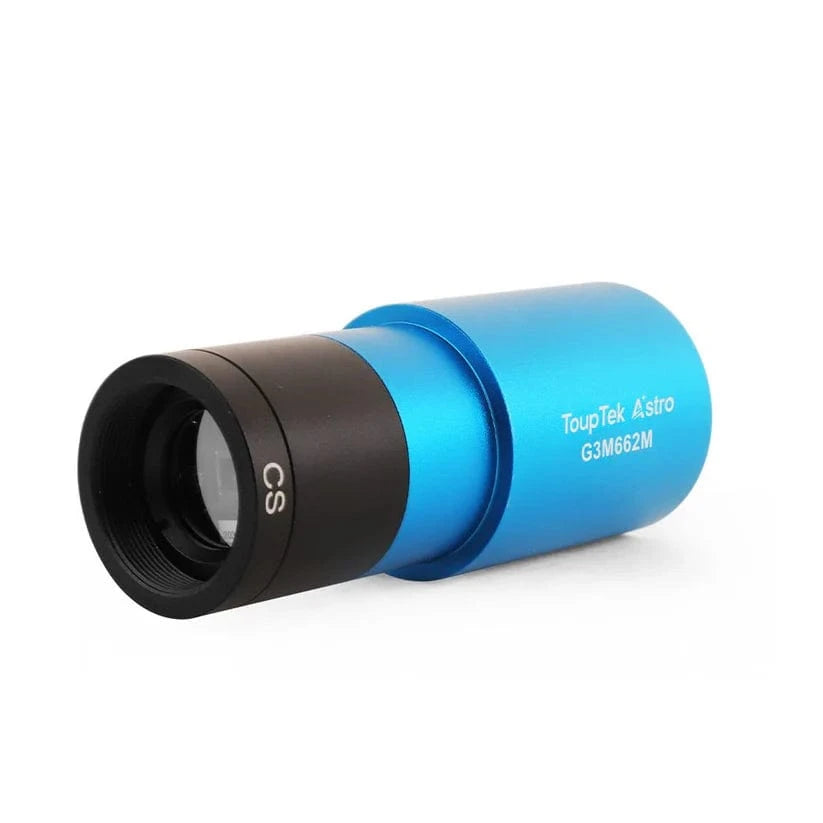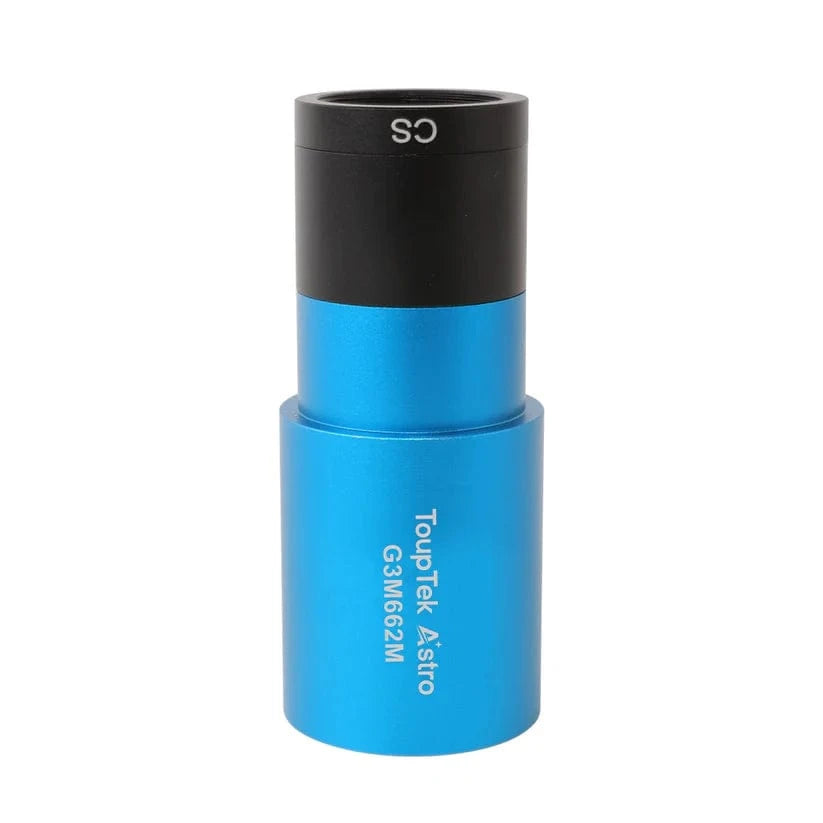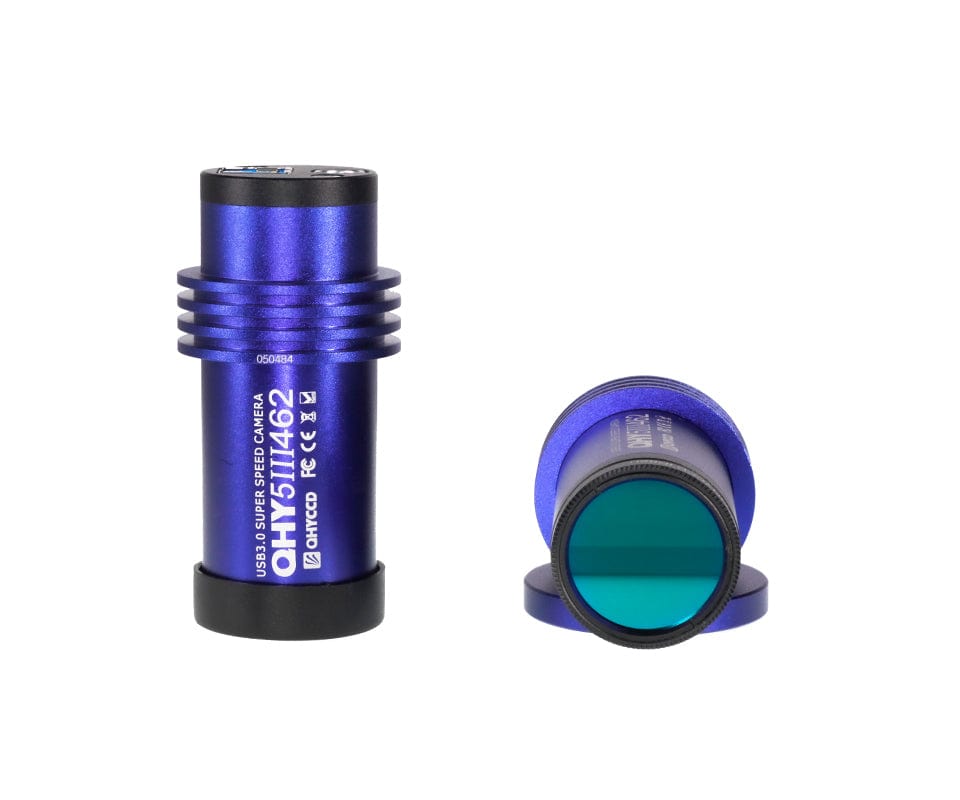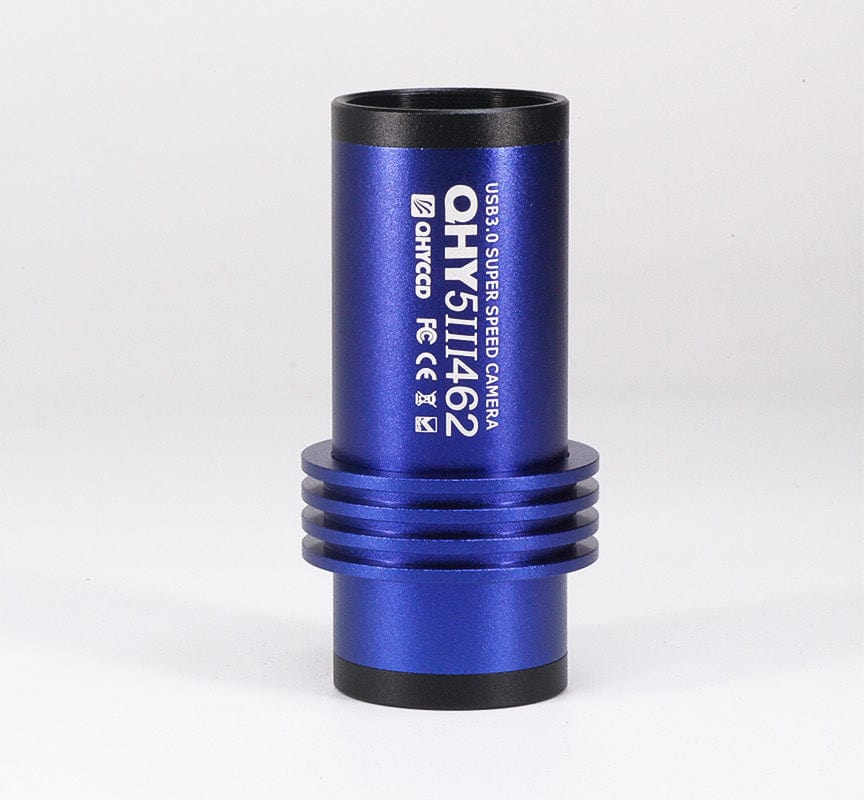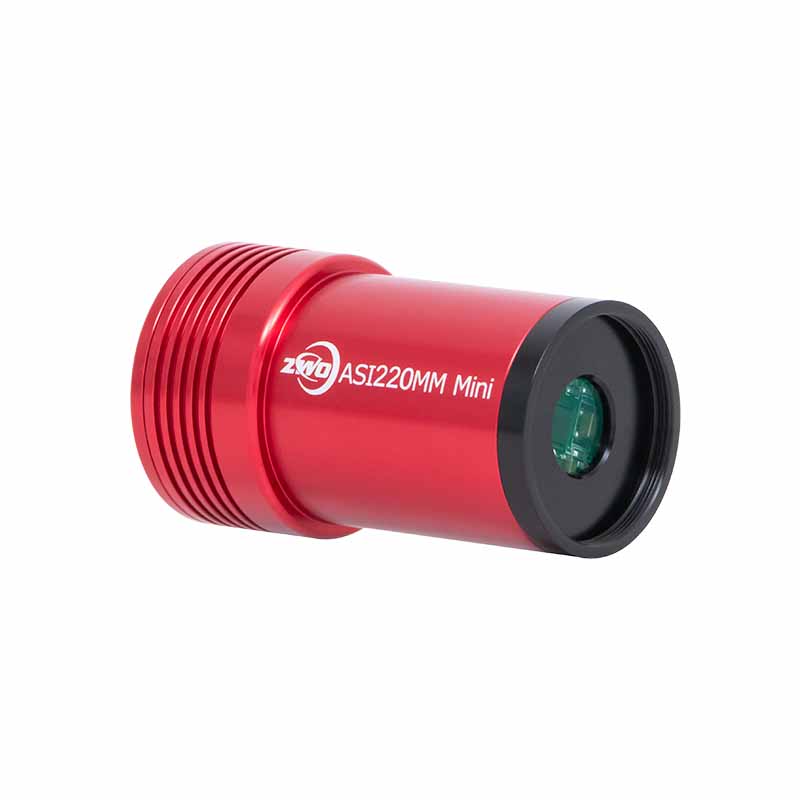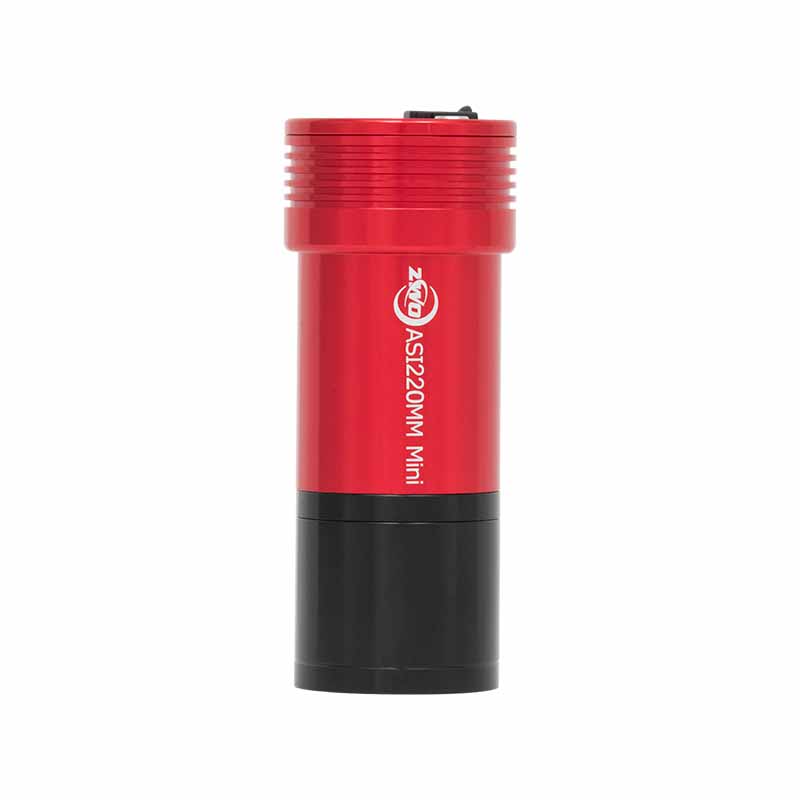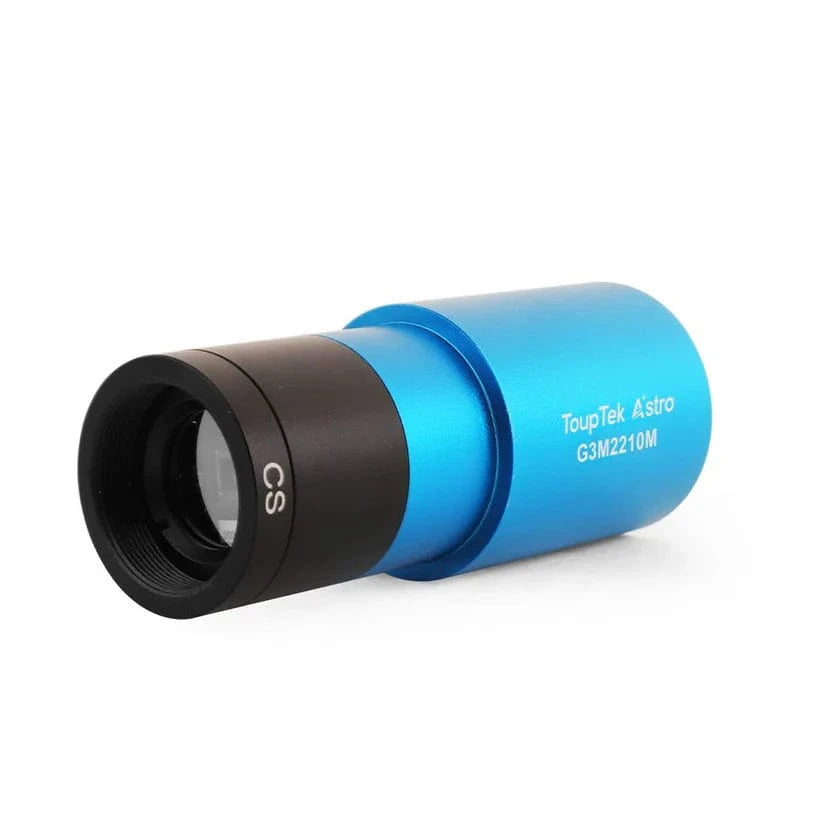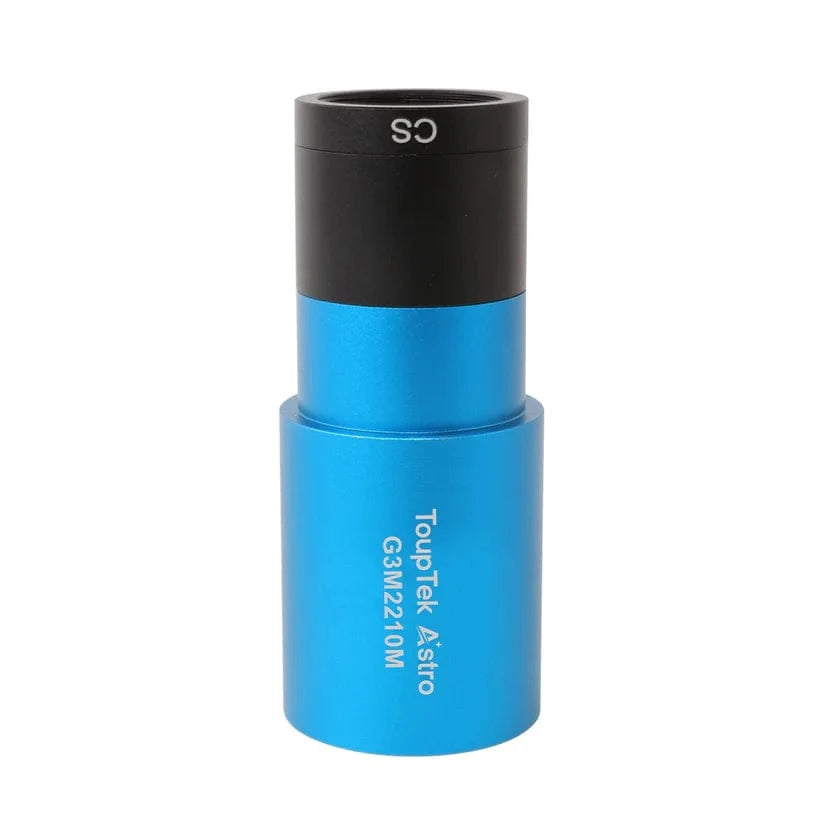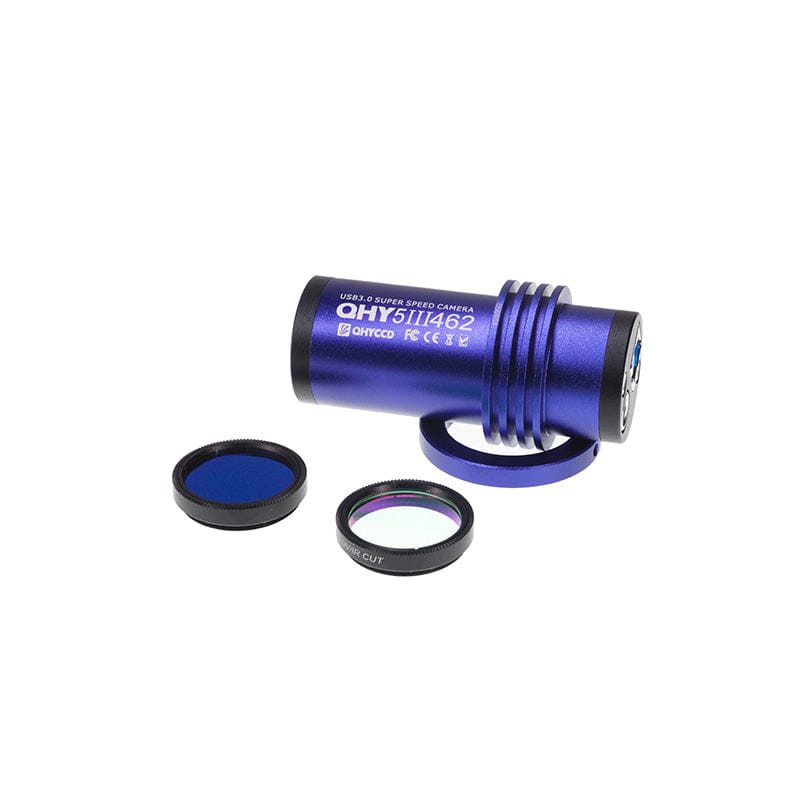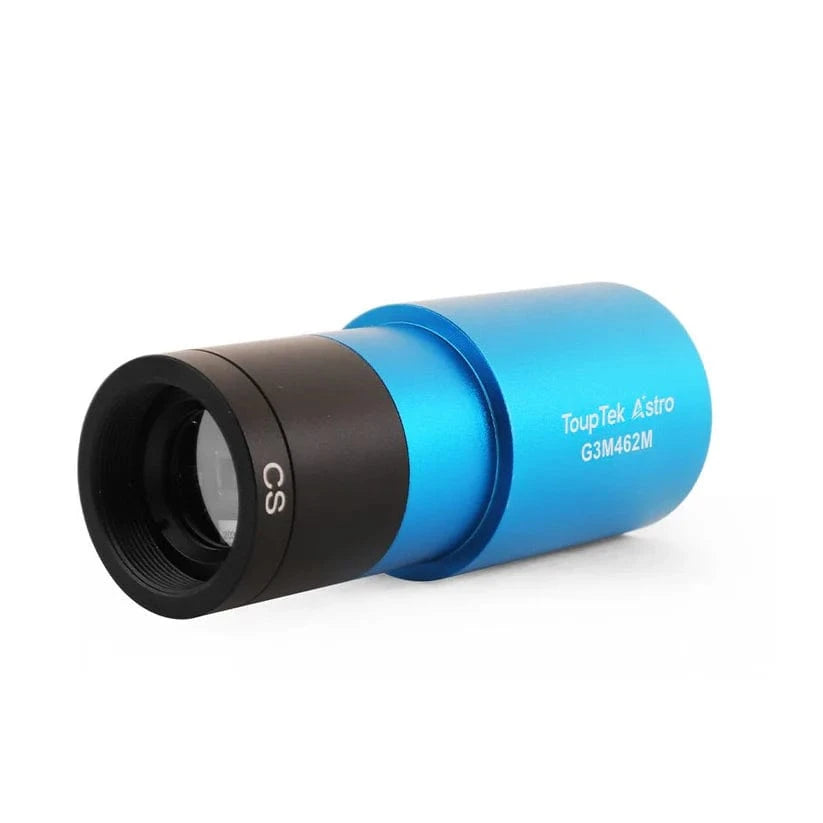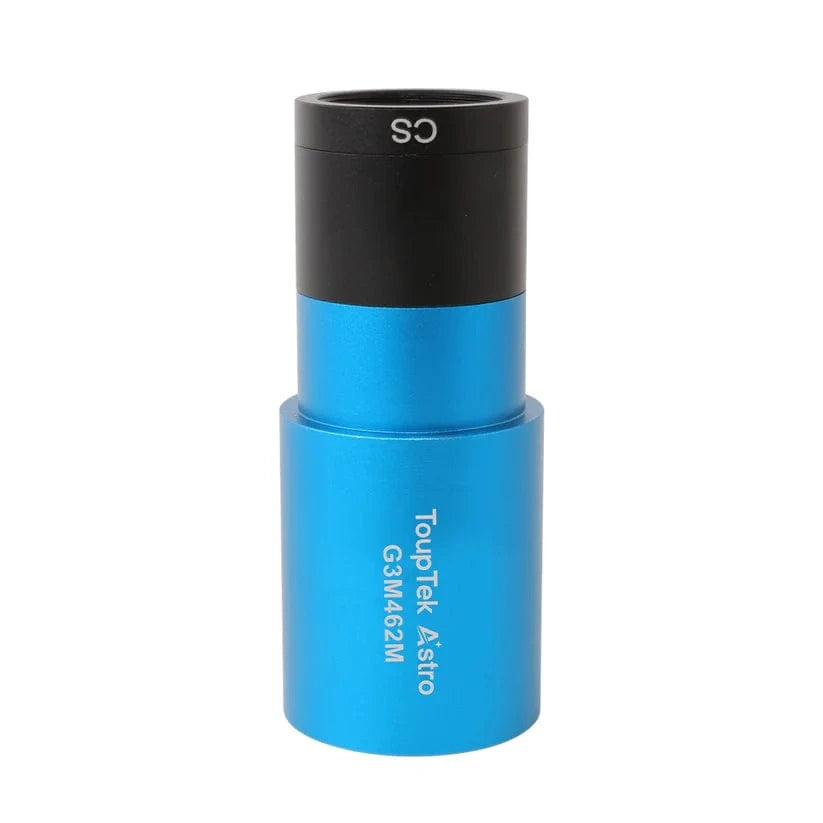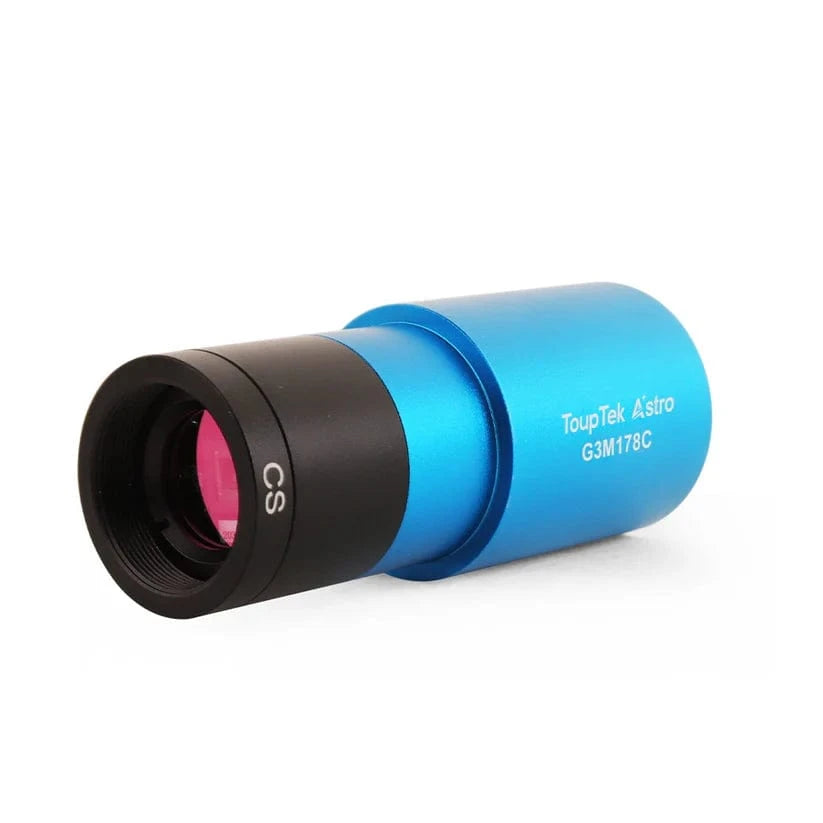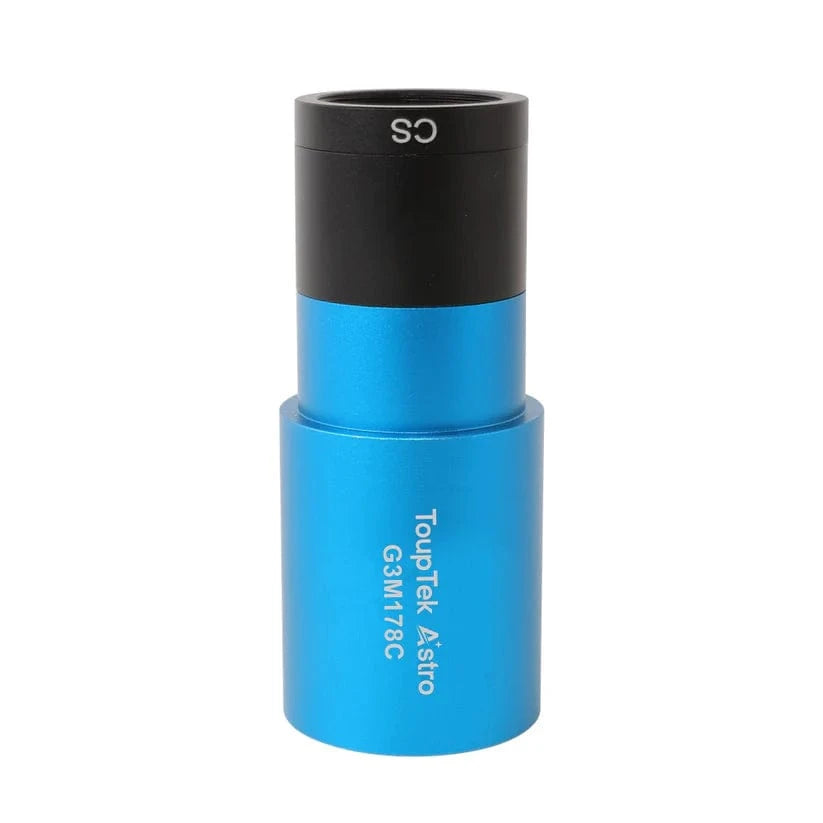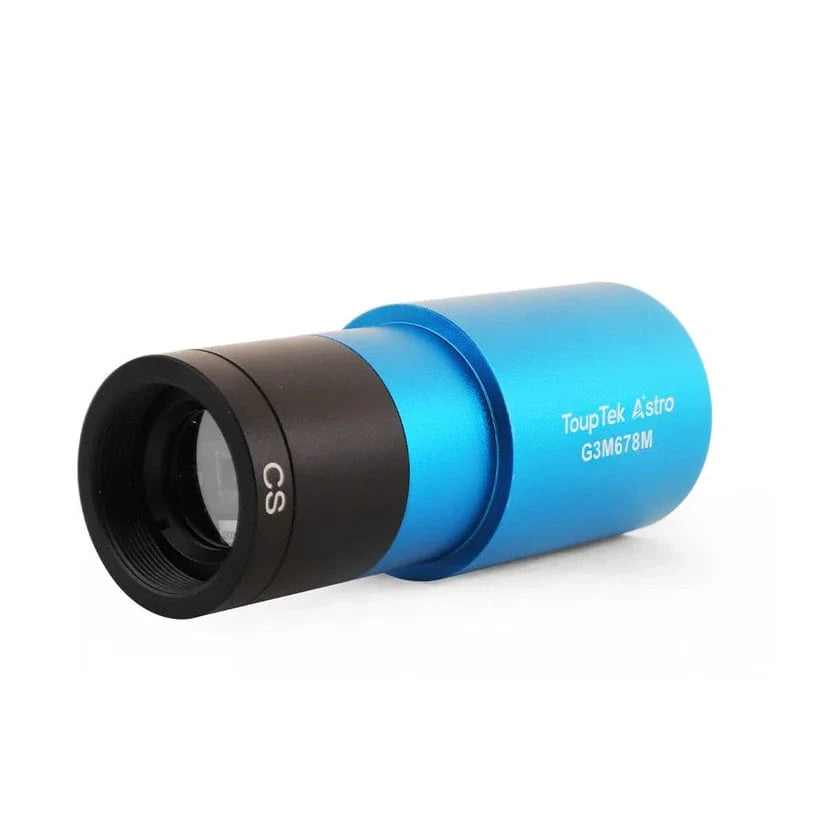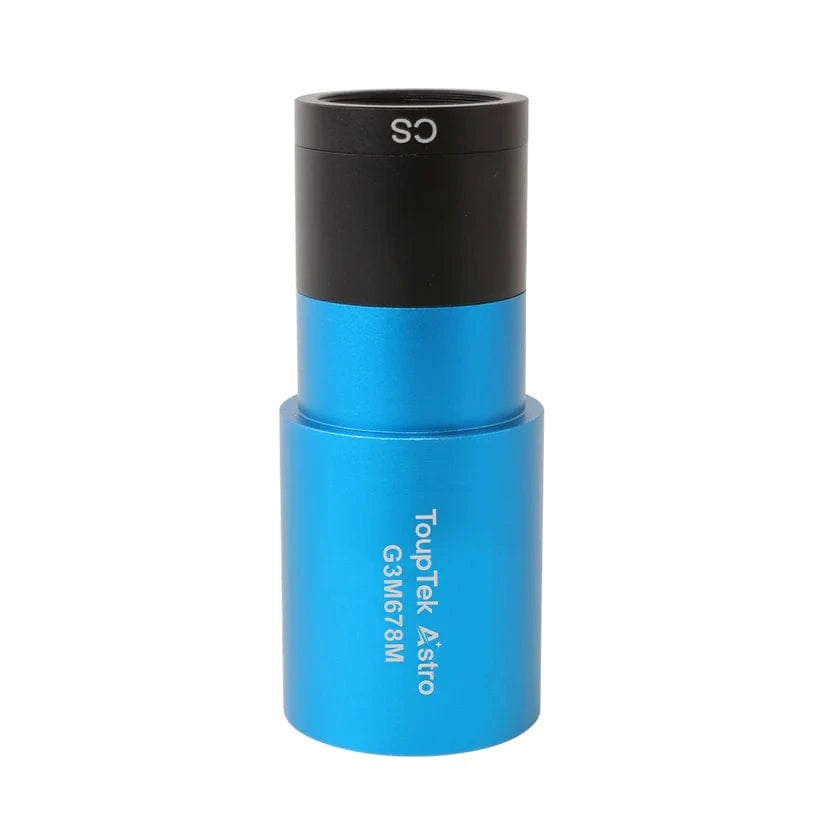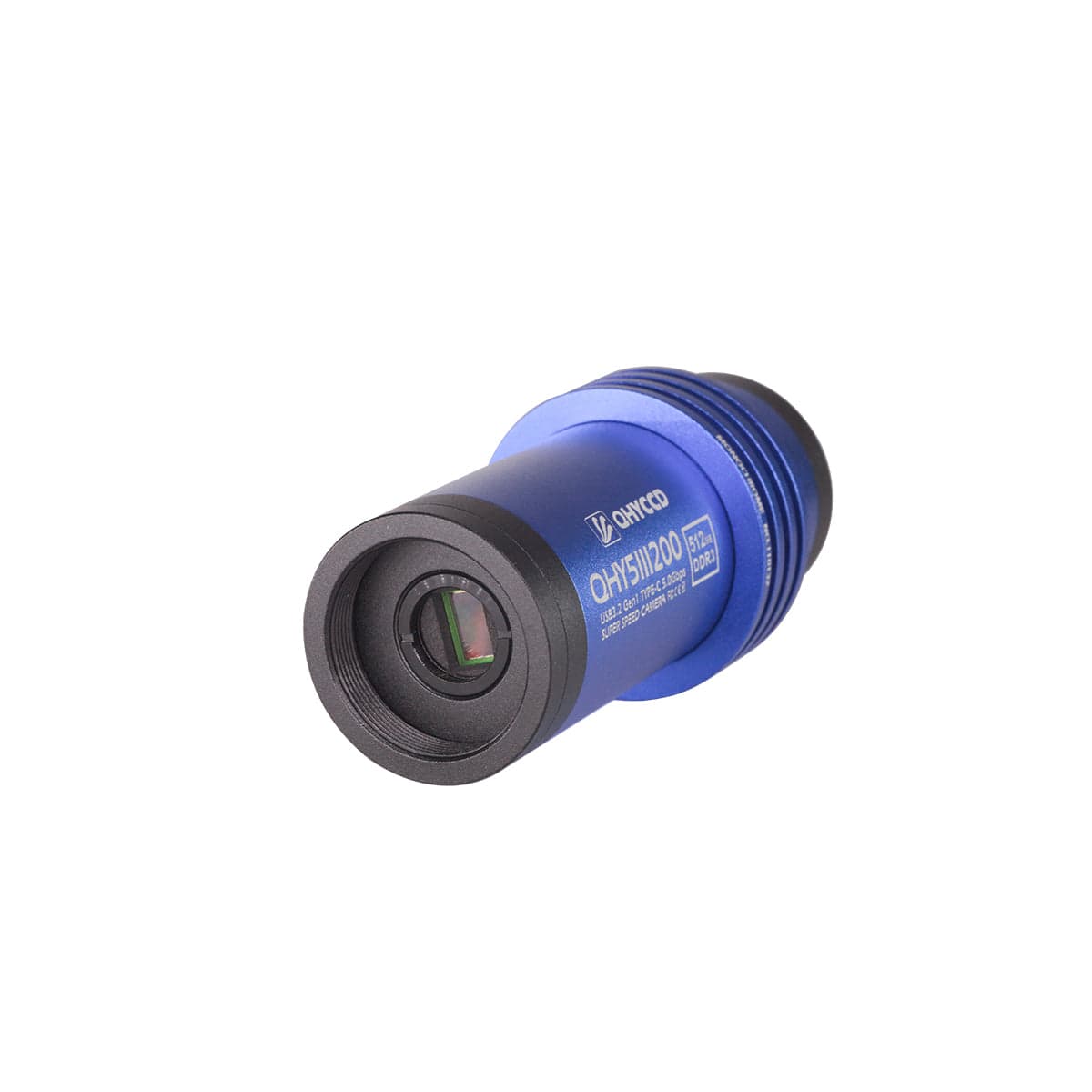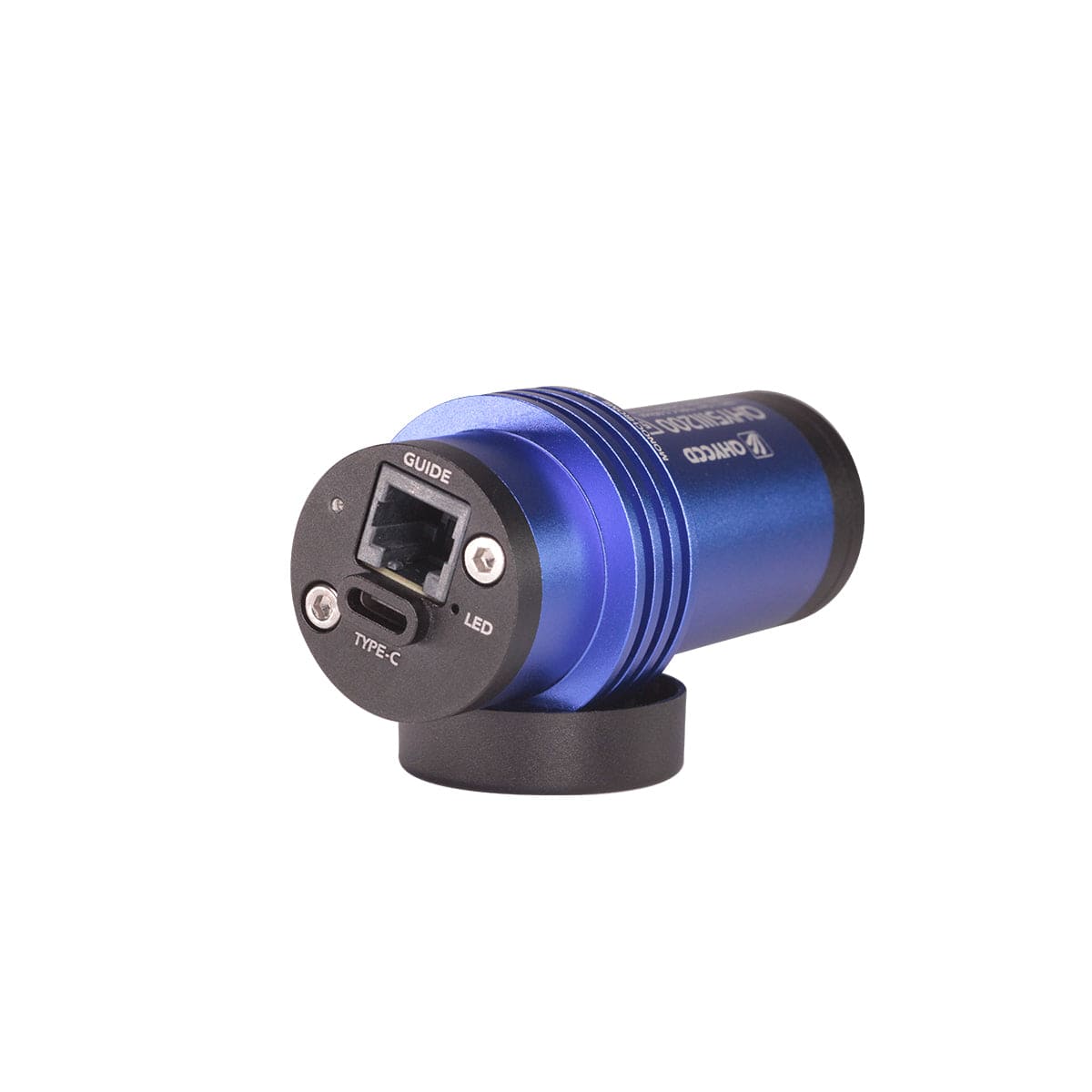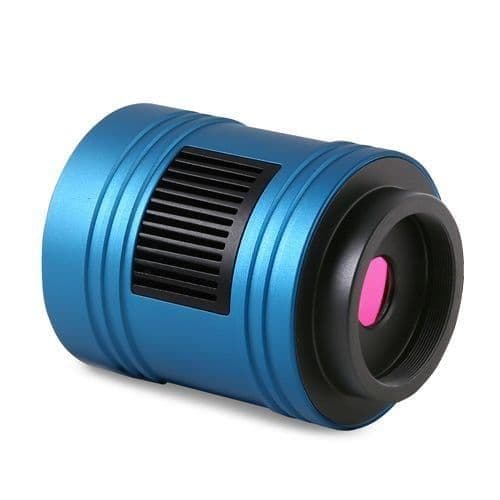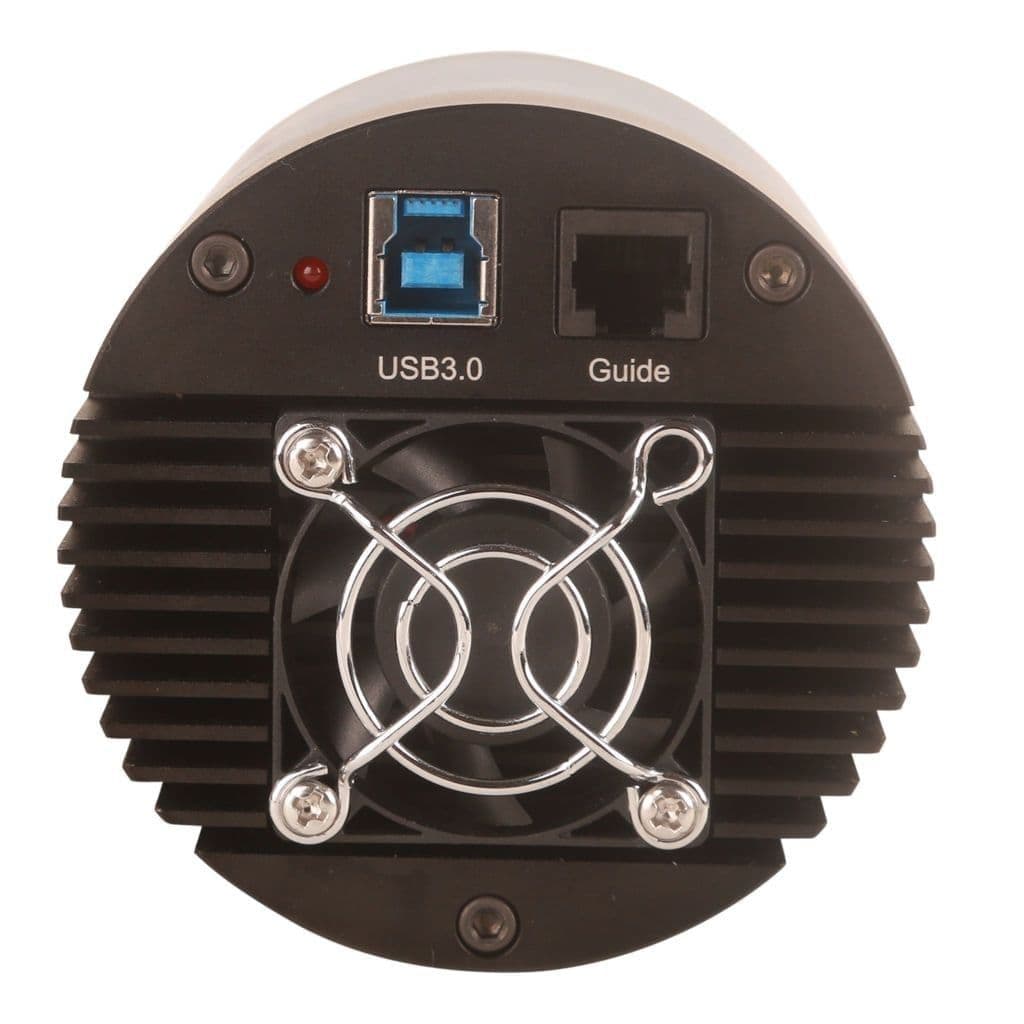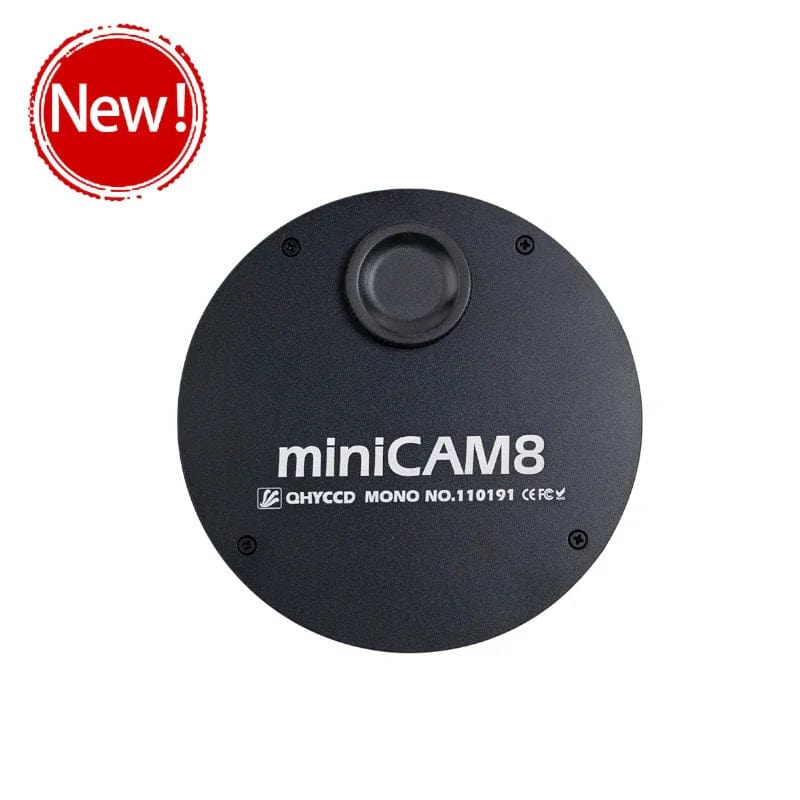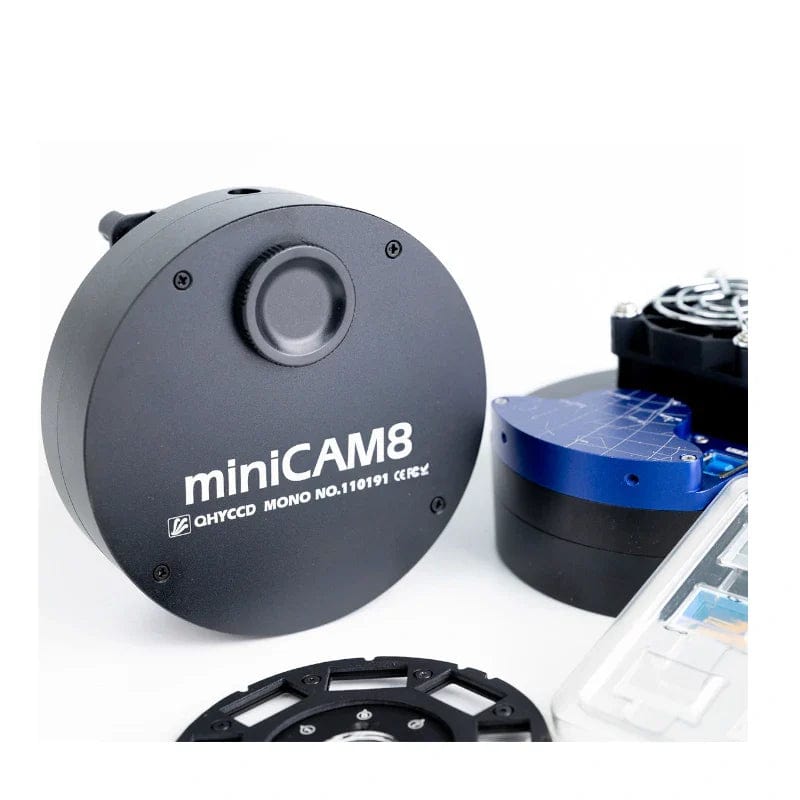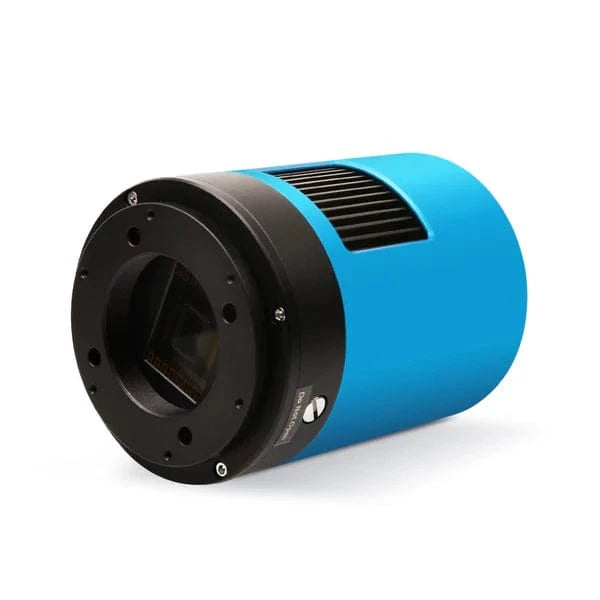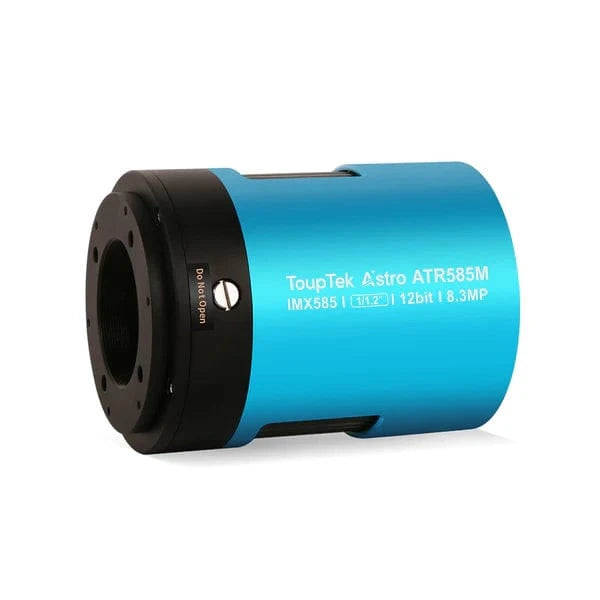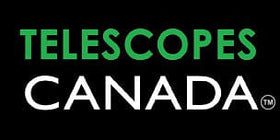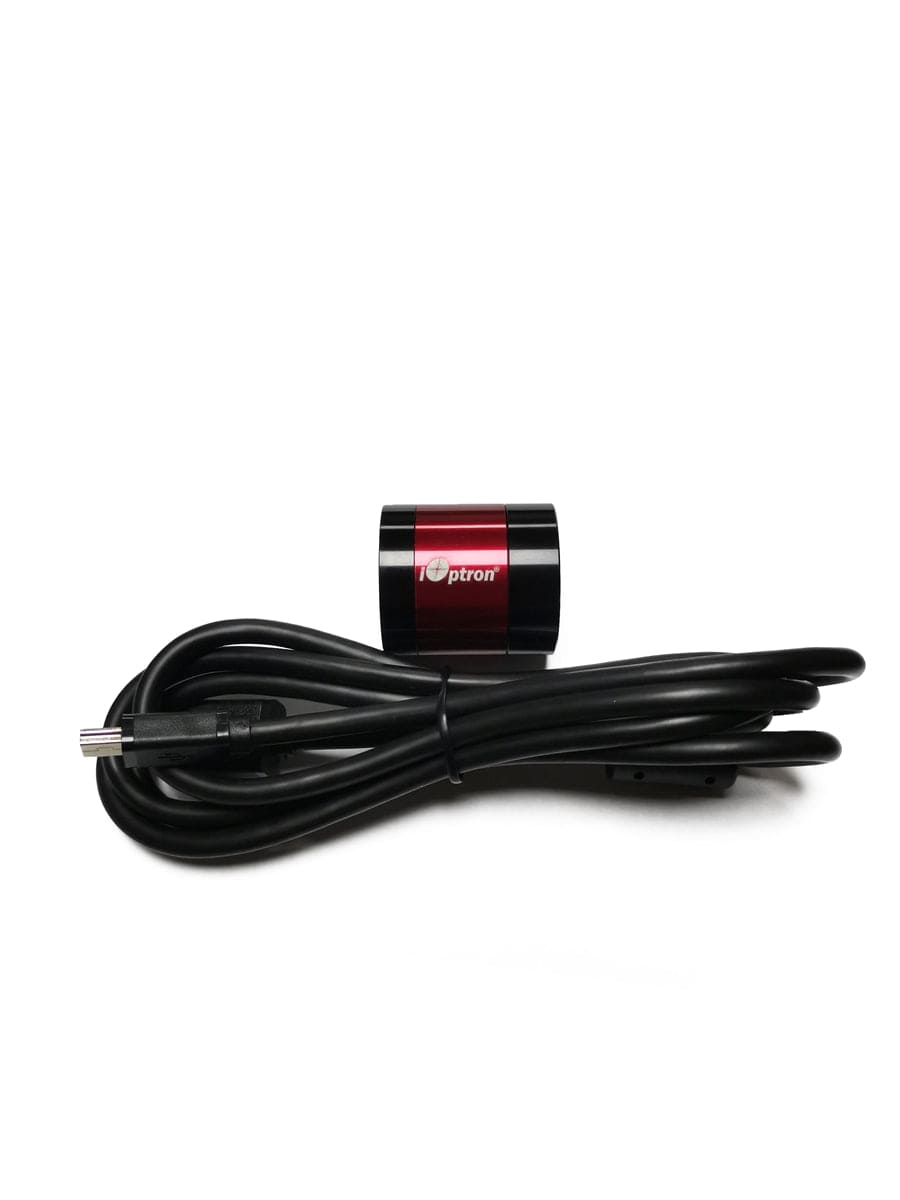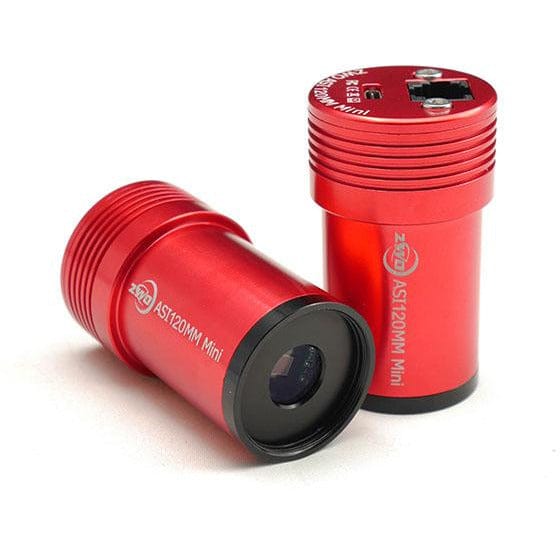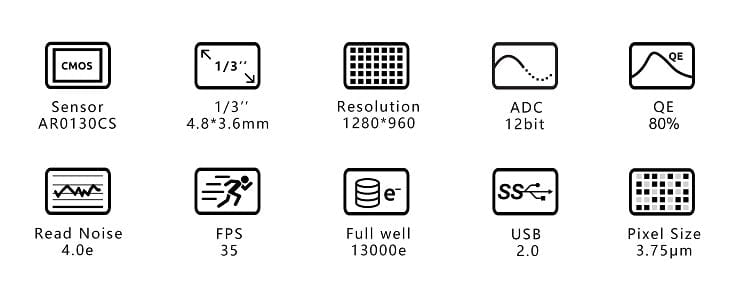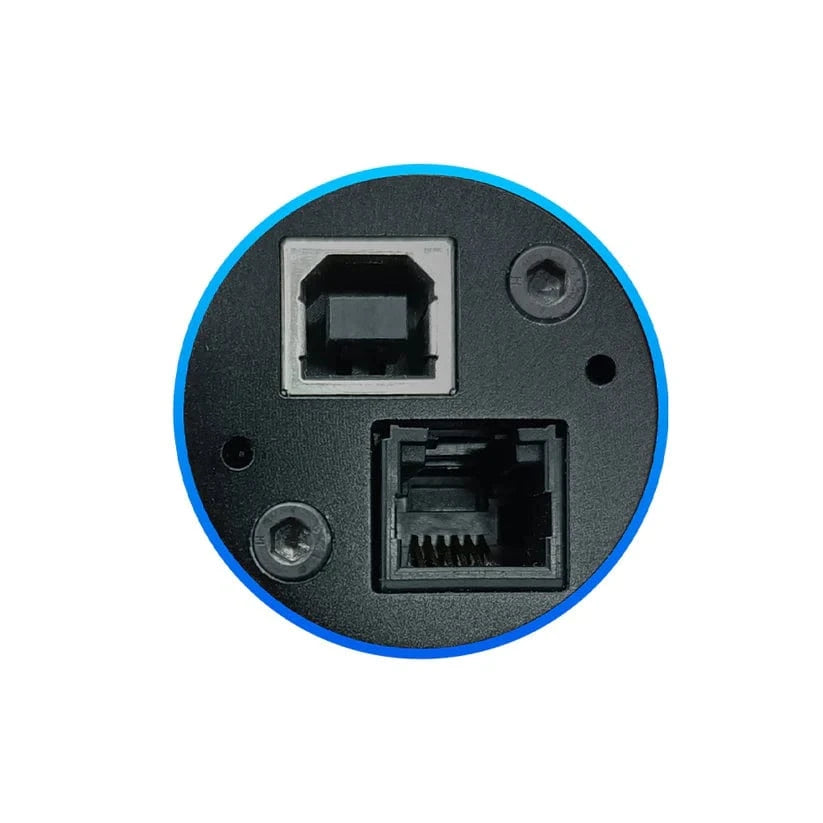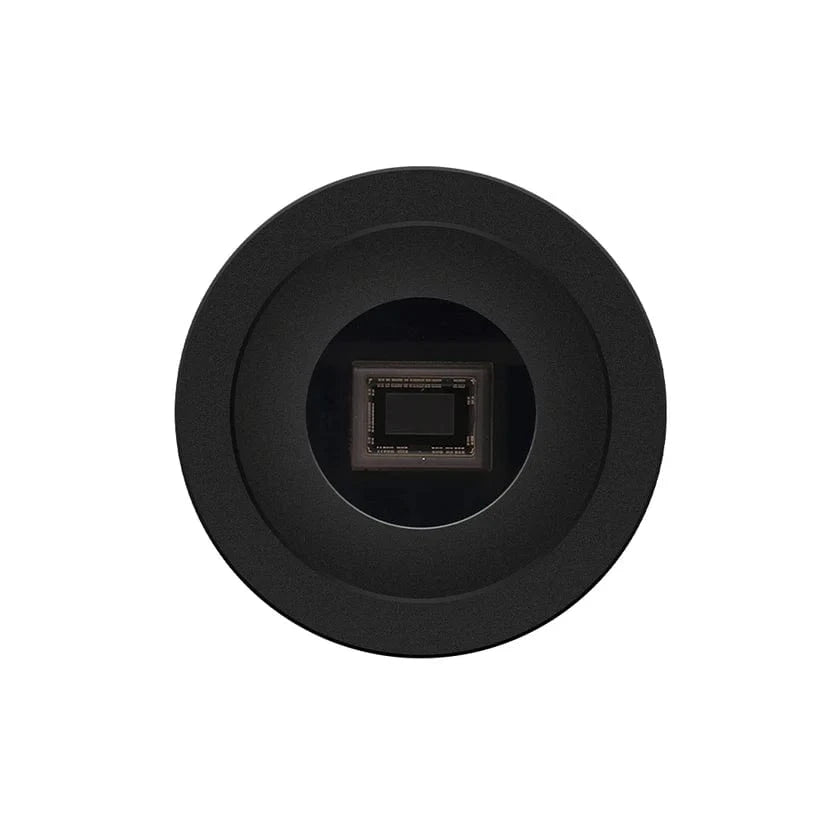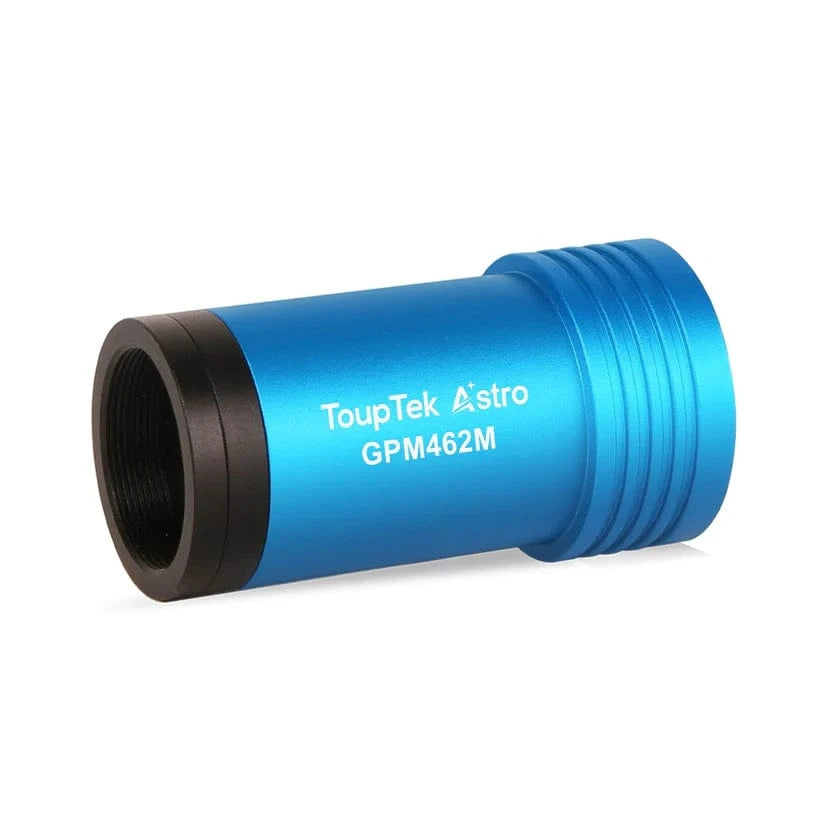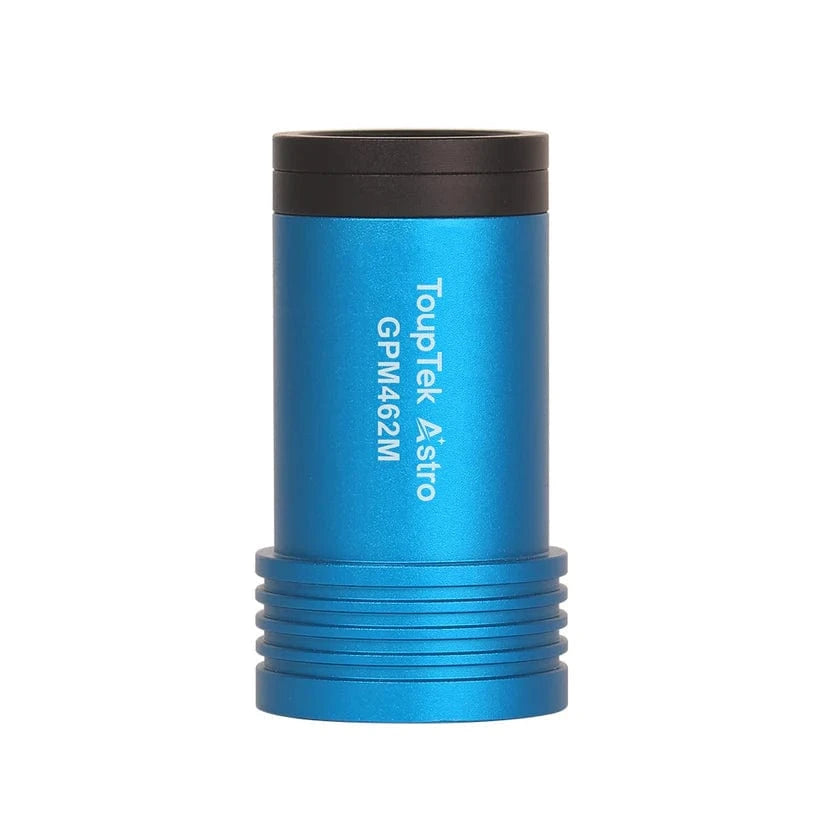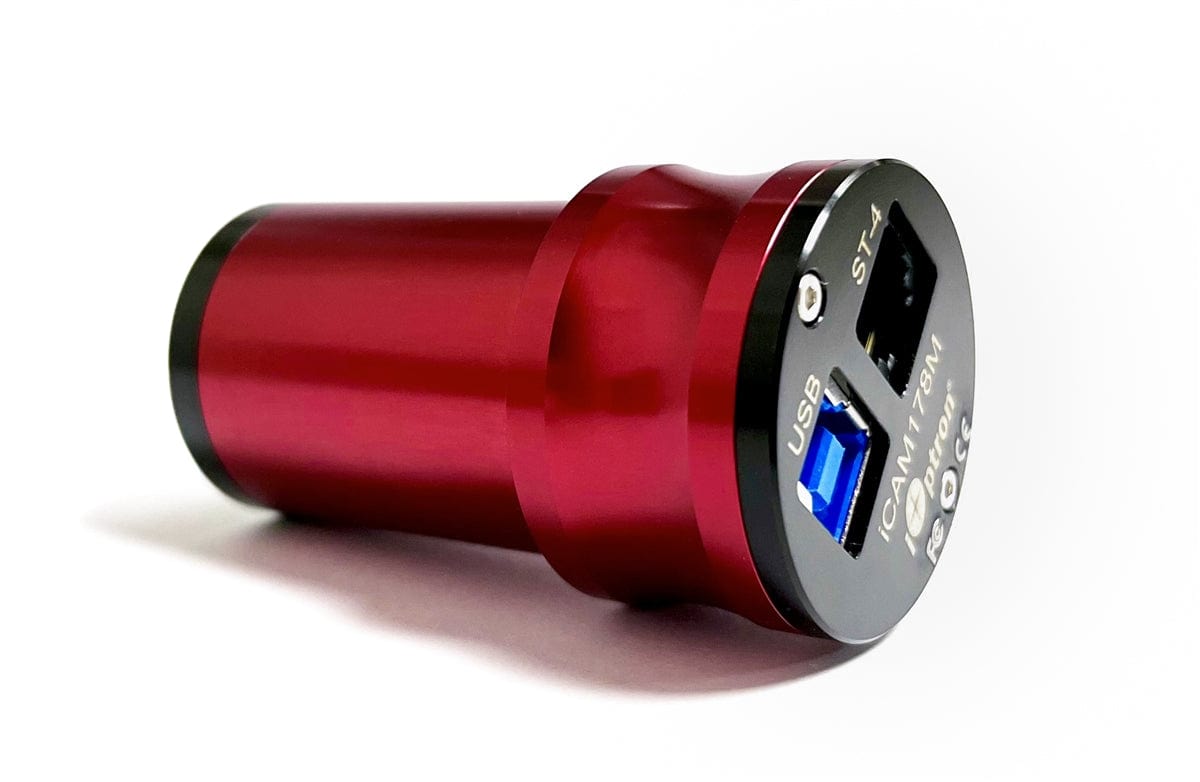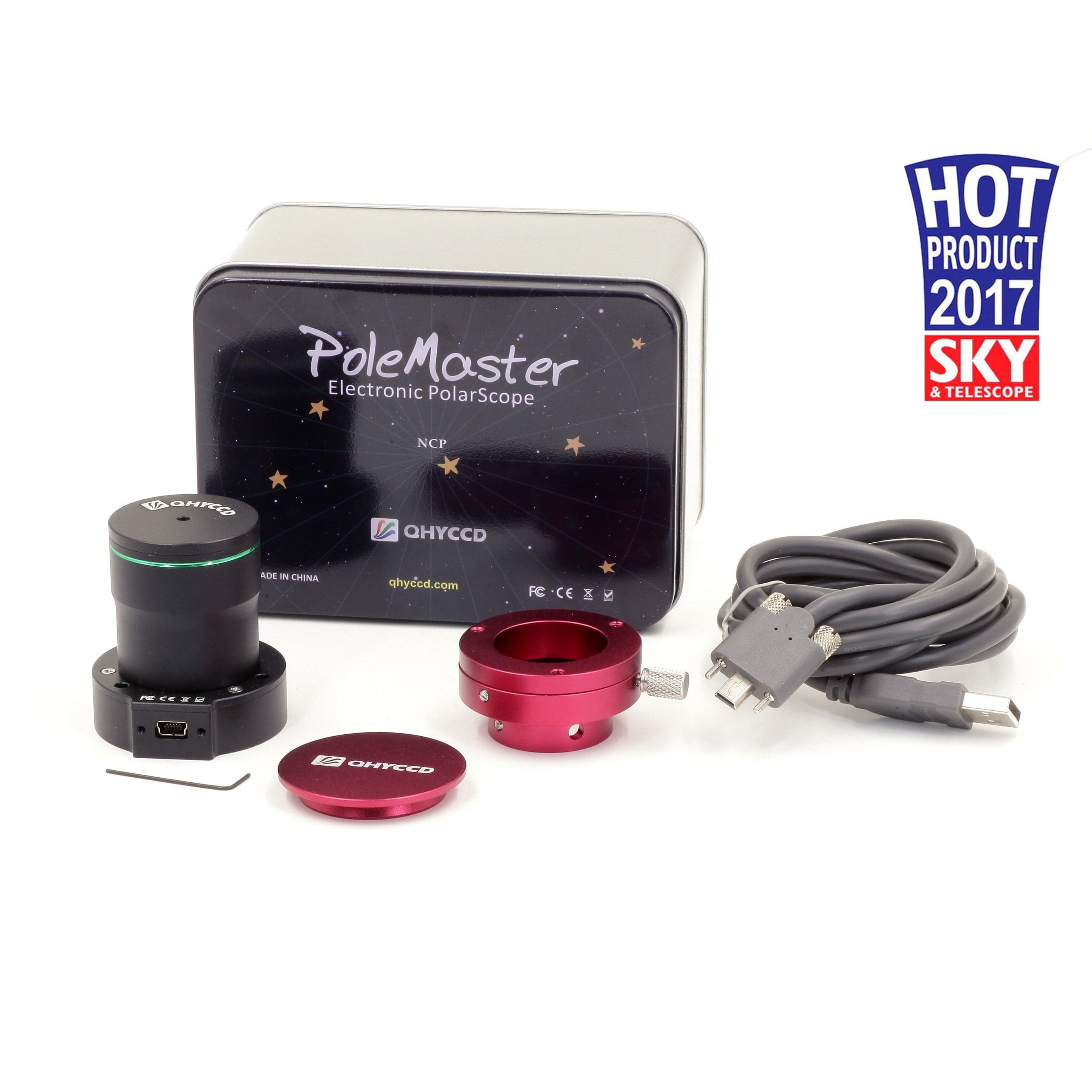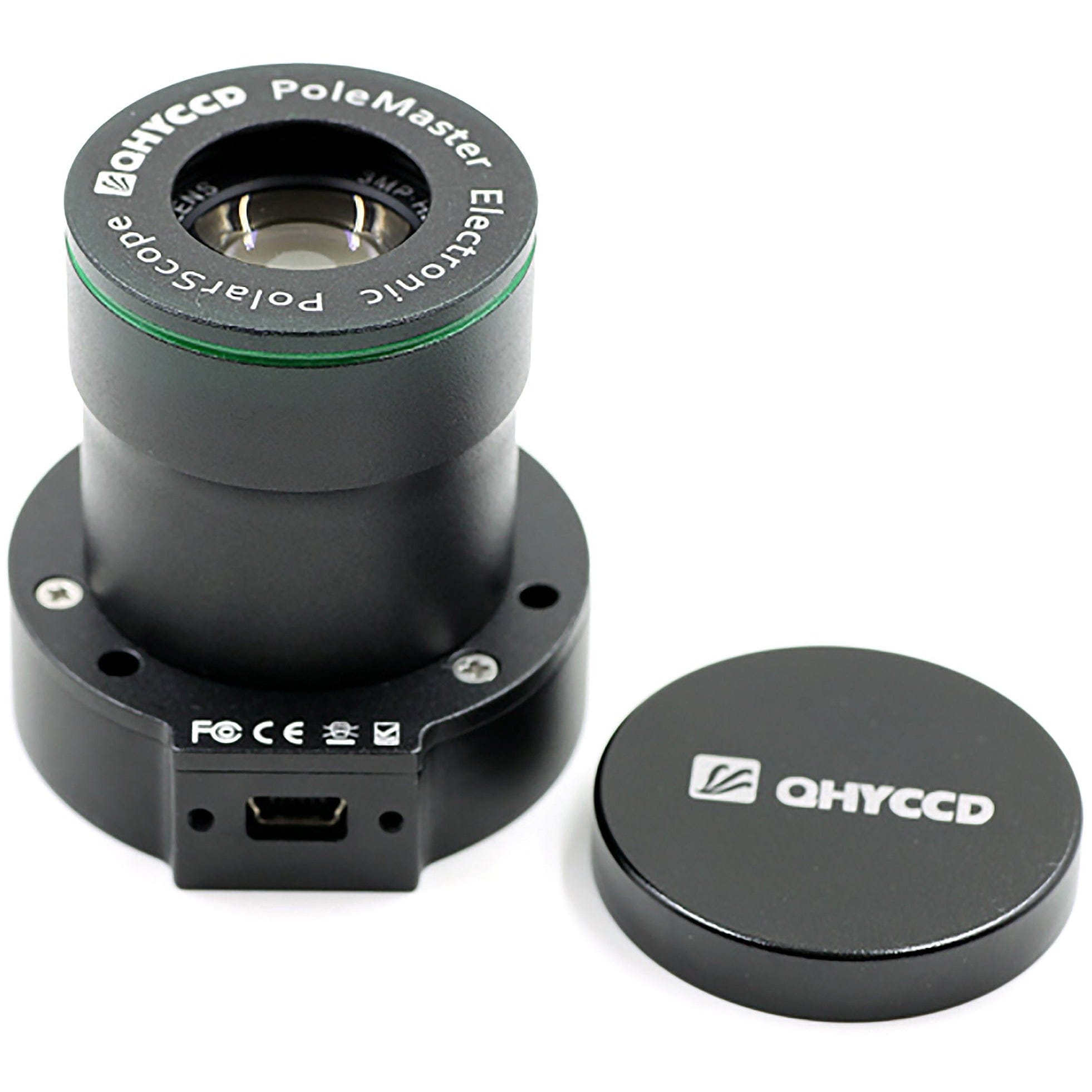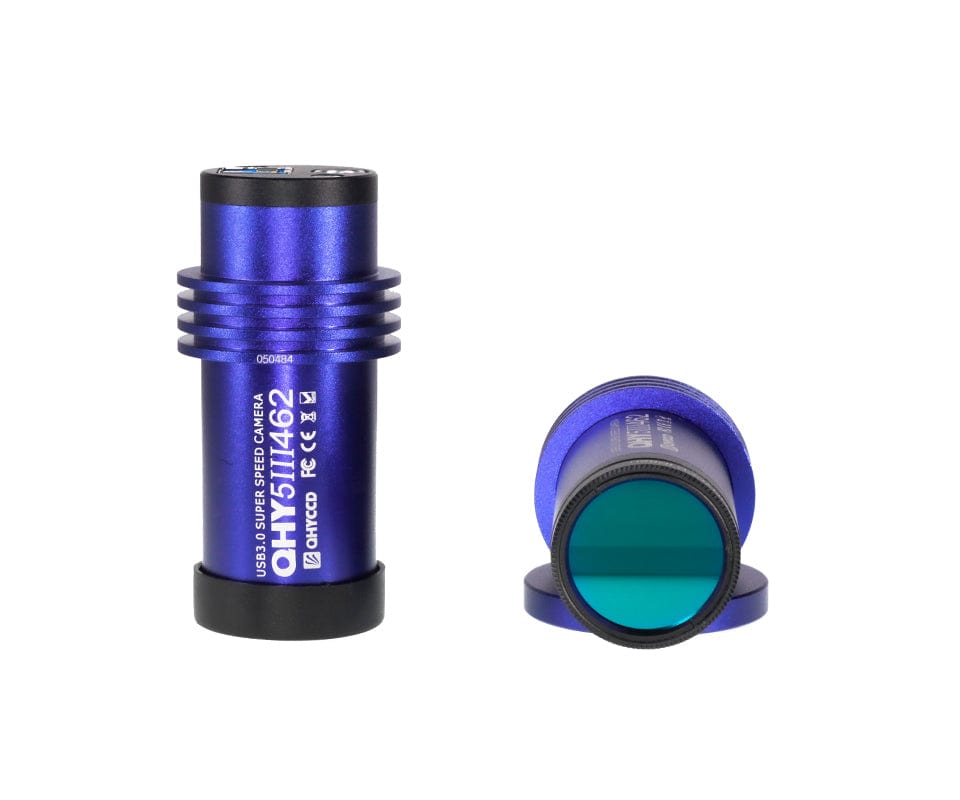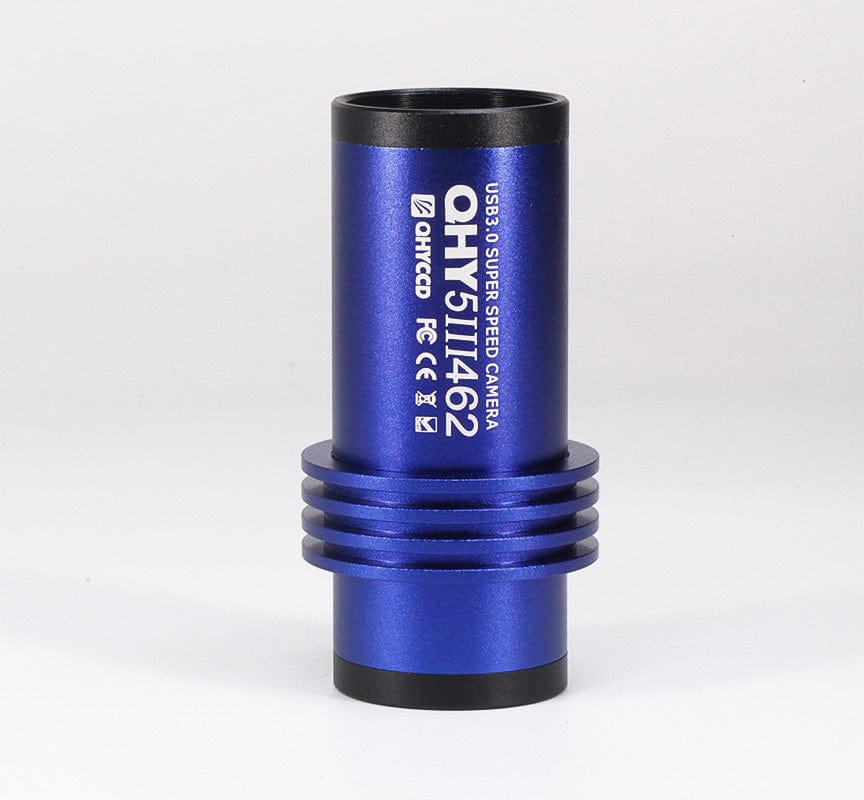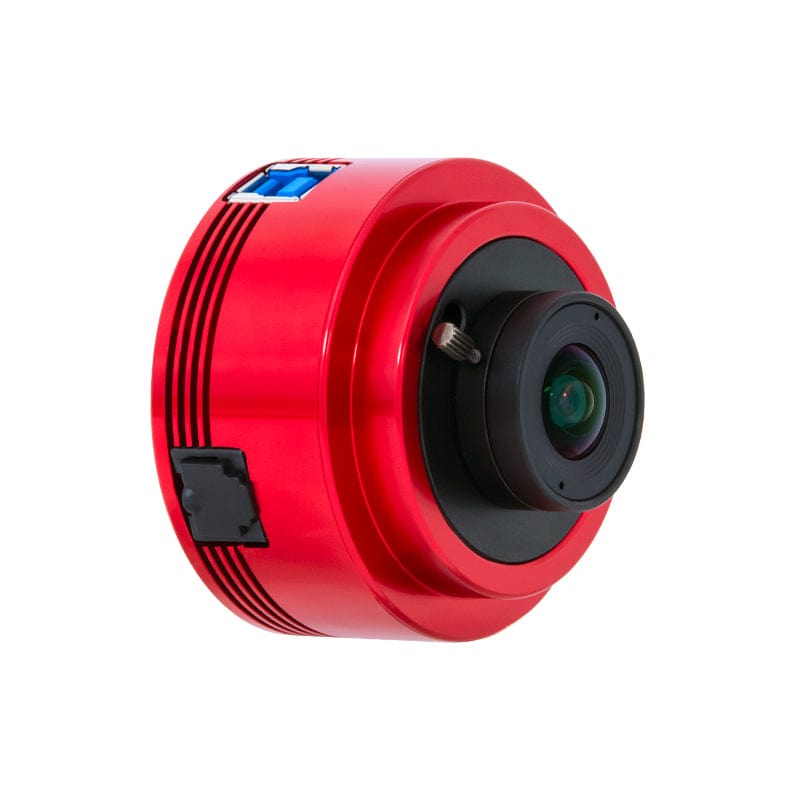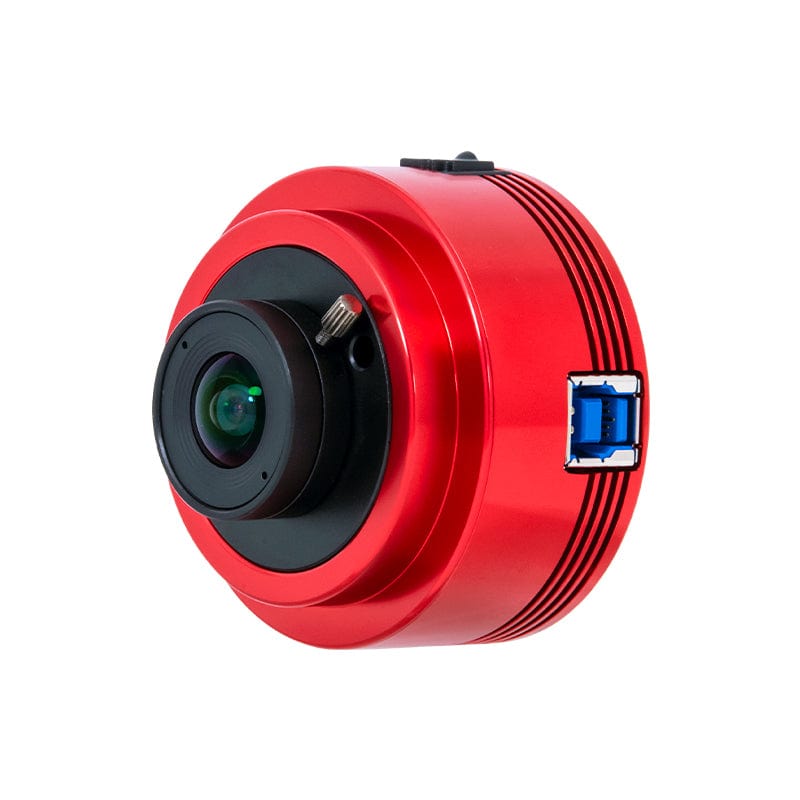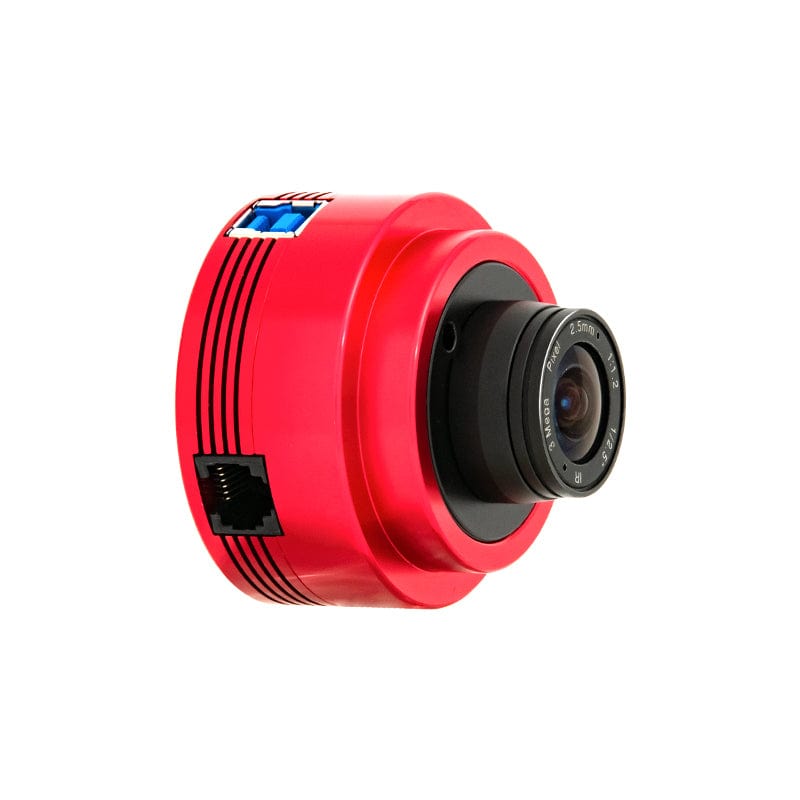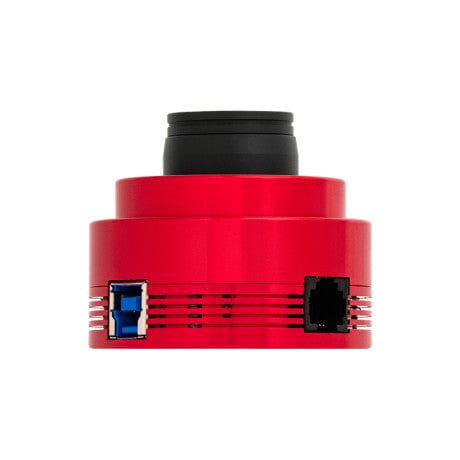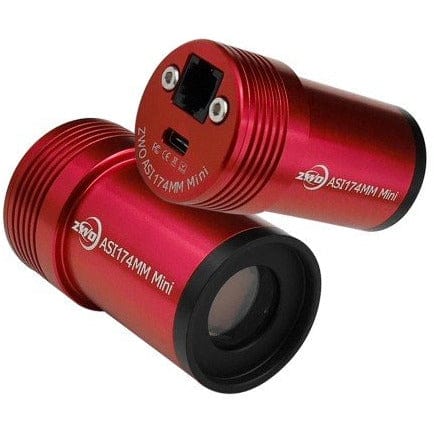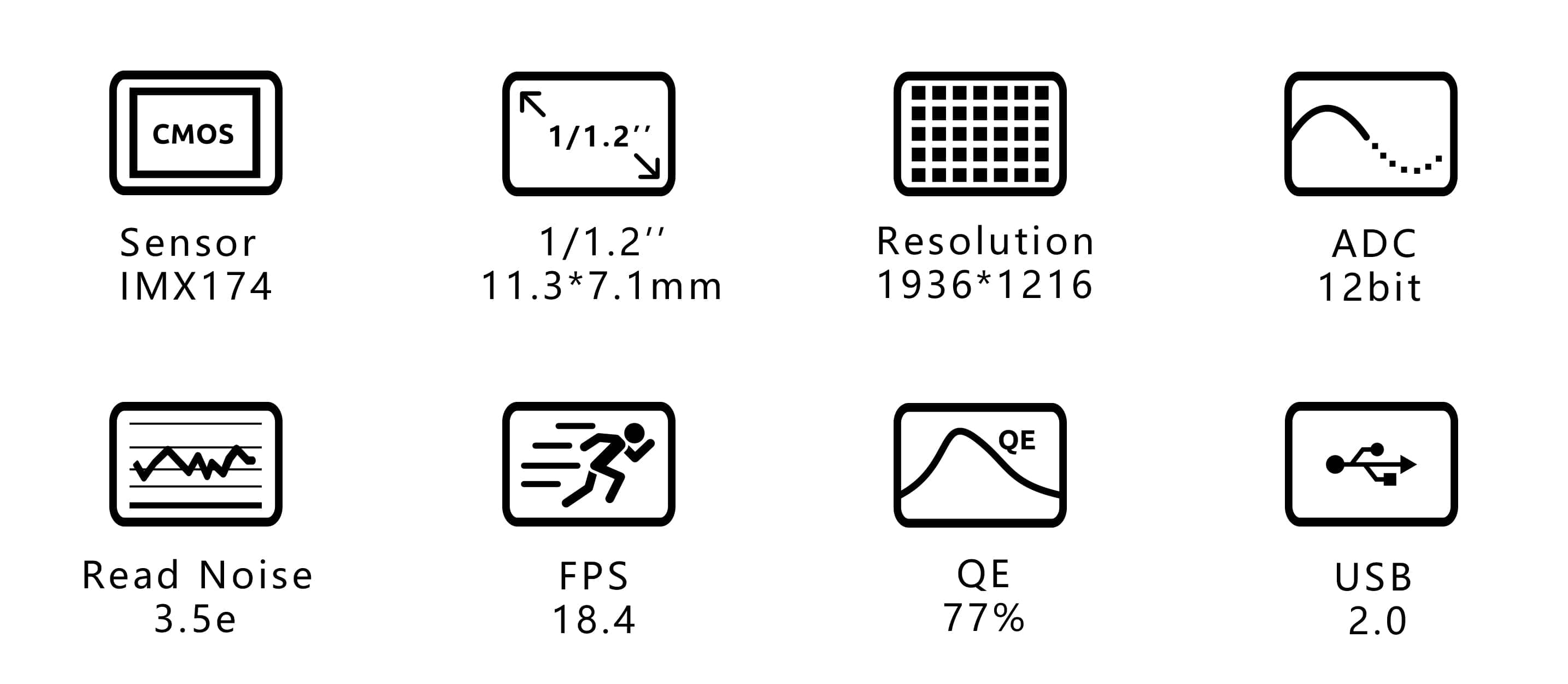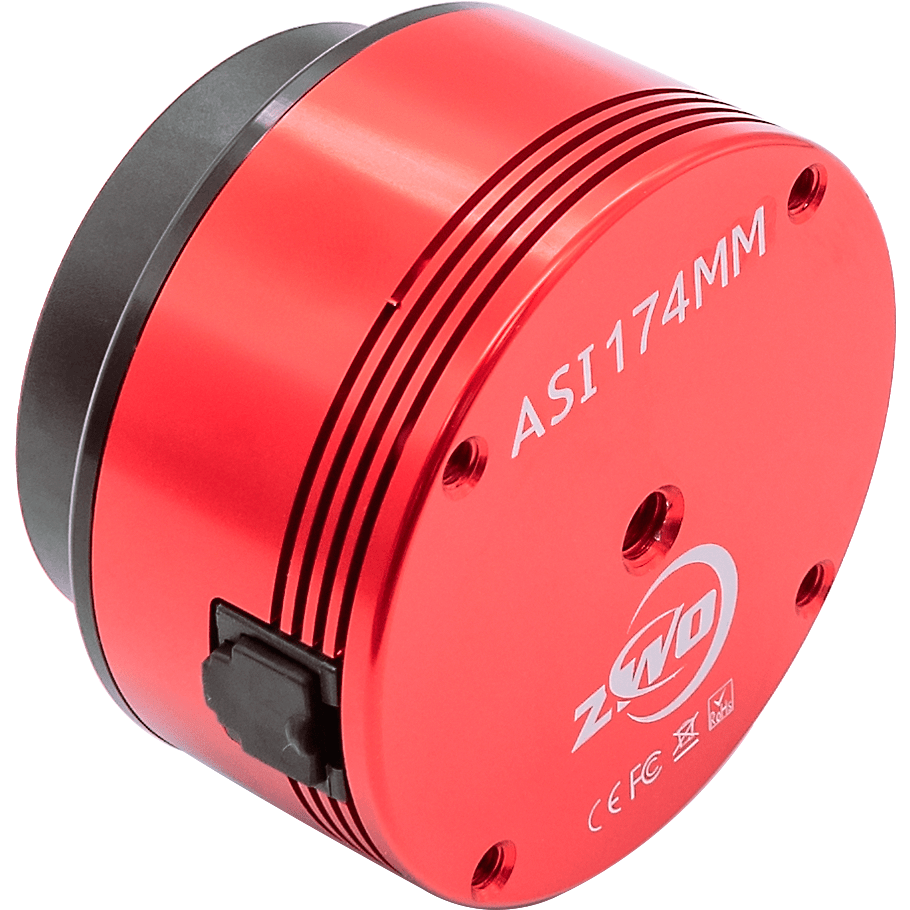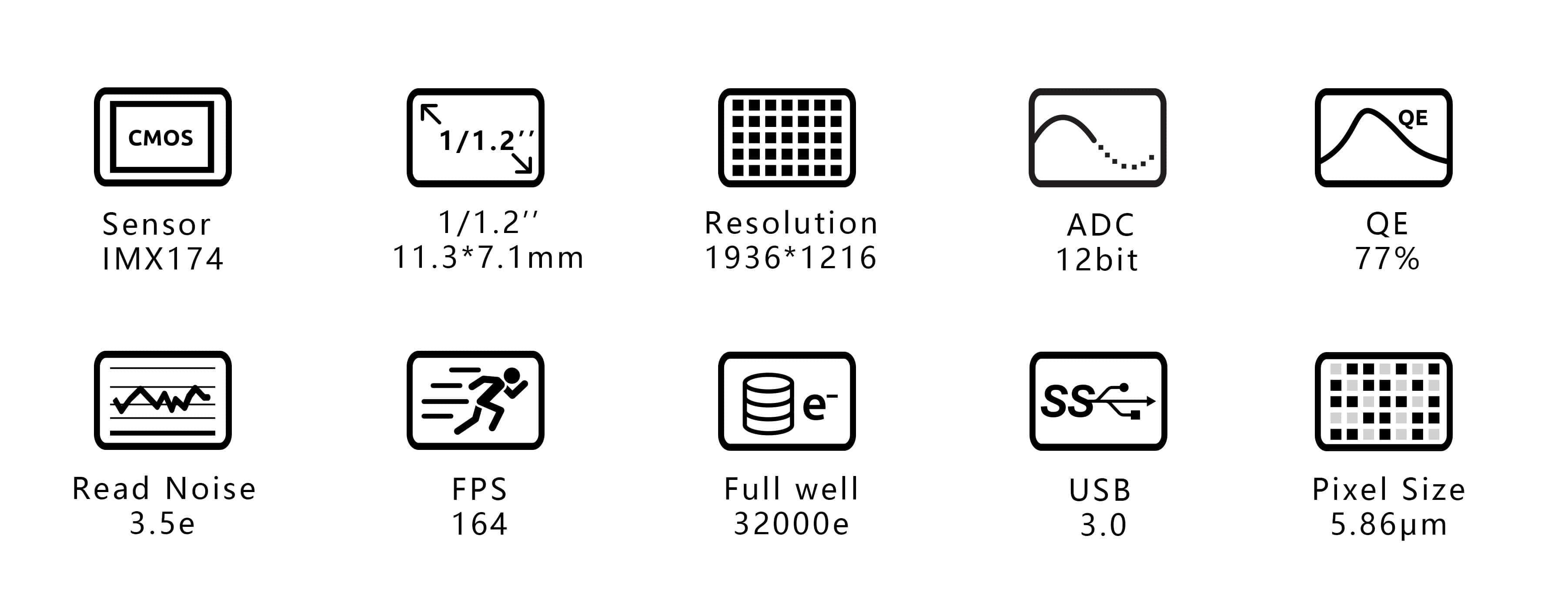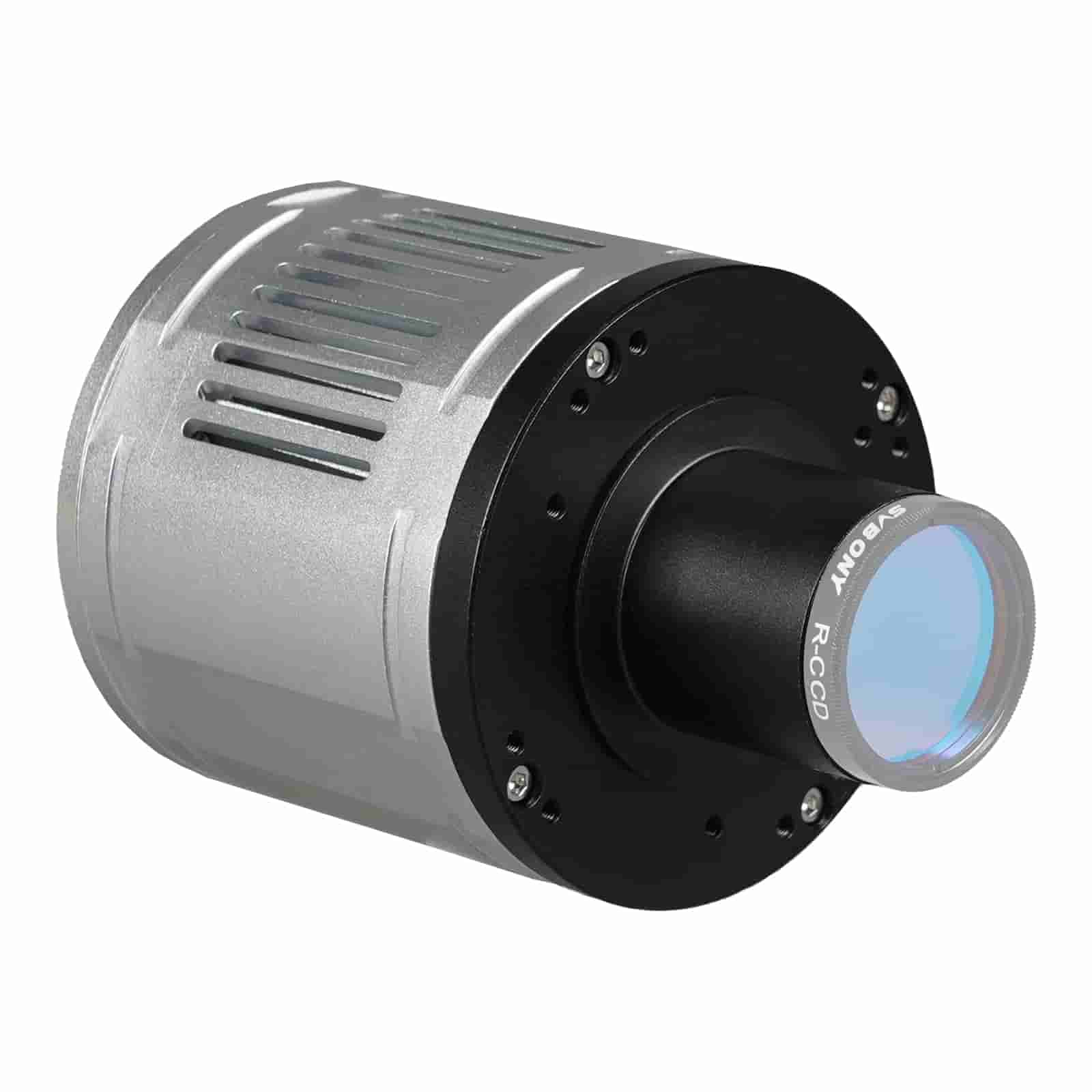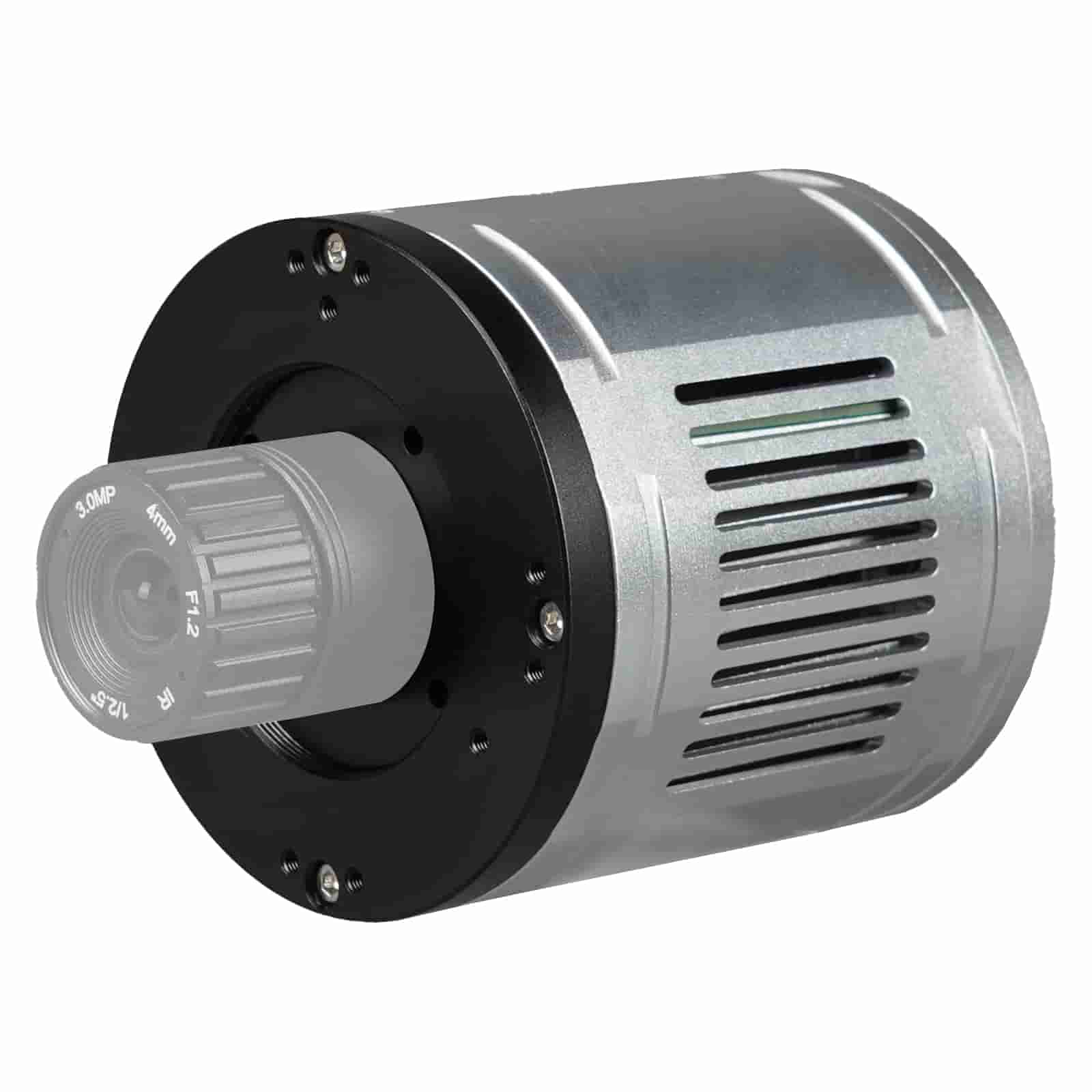45 products
Showing 1 - 24 of 45 products
Monochrome CMOS Telescope Astrophotography Camera
Telescopes Canada is the one-stop shop for all your telescope and astrophotography needs. With everything from refractors to reflectors and many in between, you’re sure to find exactly what you’re looking for right here at Telescopes Canada, where we pride ourselves in offering affordable astronomy equipment with great service and support that our customers can rely on. Are you looking to get into the hobby of astrophotography but don’t want to break the bank?
Then we at Telescopes Canada are happy to announce our latest release of the monochrome CMOS telescope astrophotography camera series. Perfected with the help of our customers, this camera comes with software that allows astrophotographers to capture stunning monochrome shots of the moon, stars, and other celestial bodies from their telescopes at an affordable price point.
The best monochrome CMOS camera on the market today. It’s made from excellent materials and it’s designed to be used with telescopes so that you can take beautiful, high-quality photos of the night sky without paying thousands of dollars for a dedicated camera for this purpose. Plus, it comes at an affordable price, making it perfect for amateur astronomers who want to step up their game and see the world in fresh new ways!
Working of a Monochrome Camera
The monochrome camera for astrophotography is a good alternative to a color camera, as it produces high-quality images. It is best suited for time-lapse photography, where the star trails are captured by single exposures. The lack of color simplifies the process of removing the stars from the background and making adjustments to contrast.
Buy a Monochrome Astrophotography Camera from Telescopes Canada
We at Telescopes Canada offer a monochrome camera for astrophotography. This is a camera that captures the light from stars in black and white and doesn't have any color information, which makes it great for astrophotography. Monochrome cameras are available in both standalone units and as parts of more complex systems. Although they're usually more expensive than color cameras, they can collect a lot more light than their color counterparts so they work great in low-light conditions.
This monochrome camera for astrophotography comes with a focal reducer that can reduce focal length by 0.3x to give you more detail in your images. The focal reducer also increases the working distance, allowing you to achieve longer exposures than you could otherwise if you don’t use it. This is great for getting better-quality photos of deep-sky objects like galaxies and nebulae. So, if you haven't considered using a monochrome camera for astrophotography before then be sure to visit our website where you'll find our full range of products. You'll find everything from single sensors up to complete telescope systems including guiding cameras and monochrome cameras.
Frequently Asked Questions
What is the difference between a monochrome astrophotography camera and a color astrophotography camera?
Monochrome cameras can collect light without being limited by the same limitations that come with collecting light in all colors like our eyes are, which allows them to capture more details from very faint objects than would be possible with color cameras. On the other hand, a color astrophotography camera will allow for a wide field of views or multiple wavelengths of light at once; for example in astrophotography imaging such as shooting star trails or nightscapes where you want a long exposure time.
What are the top 3 tips while using a Monochrome camera?
- Take advantage of the fact that color cameras can't capture faint stars and instead use your Monochrome camera, since they're better suited for capturing these objects.
- Use a guiding camera when shooting exposures longer than 10 seconds with a Monochrome camera. You should also use tracking during the day but make sure not to expose yourself too much to sunlight!
- Read through our user manual so that you know exactly what settings and adjustments need to be made for optimal exposures.
